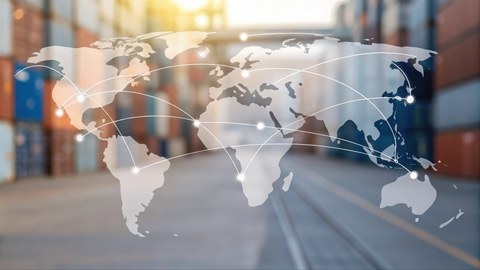Public and International Economics
Summary
In "Public and International Economics" you will deal with the solution of economic policy problems in a globalized world. You will analyze highly topical challenges such as climate change, financial crises, trade wars, demographics and inequality and develop approaches to tackle them using state-of-the-art empirical and theoretical methods - at both national and international level.
Typical Questions
- Where and how should the state intervene to regulate the economy in order to create efficiency and justice?
- What determines international trade and financial flows?
- How do central banks use their monetary policies to combat inflation and financial instability?
- What economic effects does the mobility of households and companies have?
- How can economic policies be coordinated across countries?
Modules (Selection)
Introductory Level
- Rechtfertigung der Staatstätigkeit (Prof. Dr. Thum)
- Geld und Währung (Prof. Dr. Eichler)
- International Trade: Theory and Policy (Prof. Dr. Leßmann)
- Umweltökonomik (Prof. Dr. Kemnitz)
- Implikationen der demographischen Entwicklung (Prof. Dr. Ragnitz)
Advanced Level
- Economics of the Welfare State (Prof. Dr. Thum)
- International Public Economics (Prof. Dr. Thum)
- Development Economics (Prof. Dr. Leßmann)
- Economics of Migration (Prof. Dr. Kemnitz)
- International Financial Markets (Prof. Dr. Eichler)
- Sustainability Economics (Prof. Dr. Korzheneych)
Career Prospects
Typical employers for you are national and international organizations, large companies, central and commercial banks, ministries, consulting firms and media companies. A good to very good Master's or Diplom degree also opens the door to doctoral studies in Economics.

